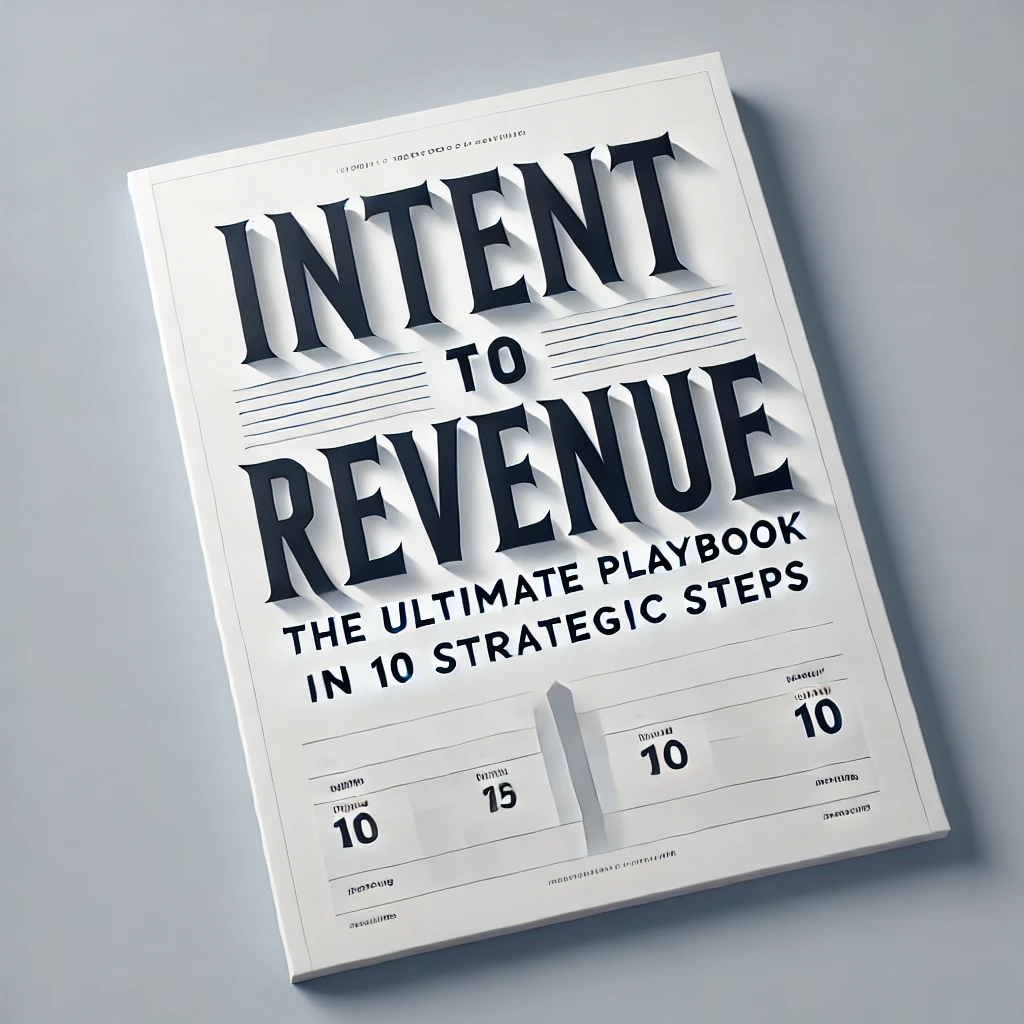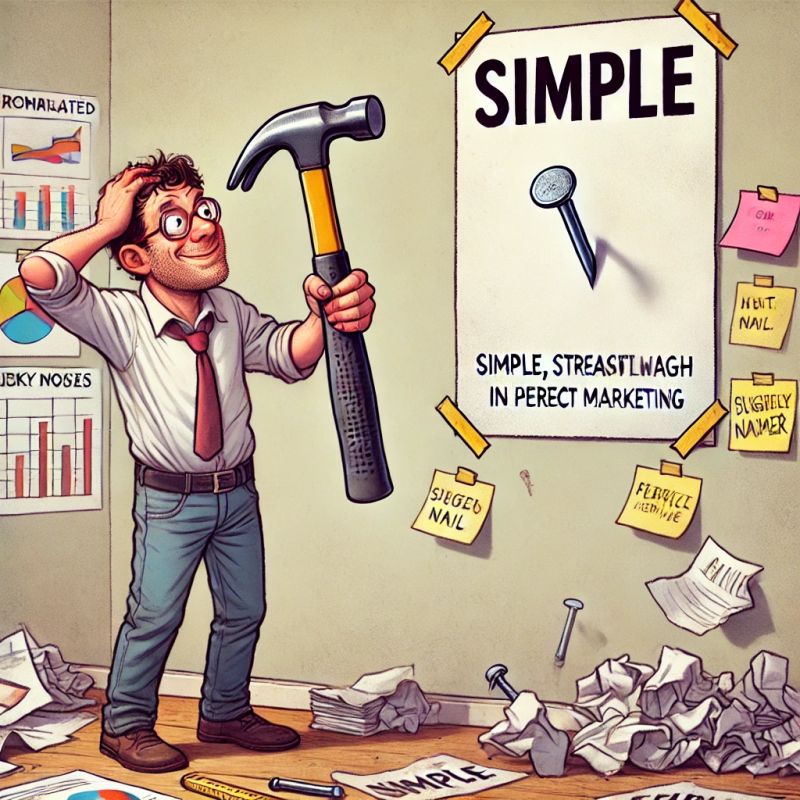In an era where data is king, the revelations in Seth Stephens-Davidowitz’s book, “Everybody Lies,” feel particularly prescient. The central thesis that people habitually lie – to friends, surveys, and even themselves – to present a more favorable image is a sobering thought, especially when we consider its implications in the world of Software as a Service (SaaS) and go-to-market strategies. However, it’s not just individuals who bend the truth. Often, the data that companies work with can be misleading or outright deceptive.
The Honest Illusions of Data
In SaaS marketing, we worship at the altar of data. Metrics and analytics guide our decisions, from product development to marketing strategies. But what if our data is not telling us the whole truth?
UX research consistently reveals the disparity between user-stated intent and actual behavior. When we examine user feedback — whether from interviews, surveys, or behavioral analytics — we must do so with a keen awareness of this discrepancy. The anecdotal evidence of a user claiming they would prioritize price filters in a website redesign, for example, may not align with real-world actions. In reality, they may give preference to the same-day delivery when comparing options.
The book suggests that just as people self-edit, the data we rely on can be skewed, incomplete, or taken out of context. This misrepresentation can happen innocently through confirmation bias or more deliberately through the manipulation of figures to fit a narrative.
The SaaS Marketing Polygraph
One tool that slices through the facade is A/B testing. By comparing two versions of a product or campaign, SaaS marketers can see past the ‘lies’ to understand what truly resonates with users. This method strips away assumptions and provides a clearer picture of user preferences and behaviors. But even A/B tests can be misleading if they aren’t designed or interpreted correctly. It’s vital to test significant elements, use a substantial sample size, and run the test for a long enough period to gather meaningful data.
The application of rigorous A/B testing forms the backbone of an honest SaaS marketing strategy. It allows marketers to:
- Identify what features users actually use, not just what they say they want.
- Determine messaging that connects with users on a deeper level.
- Develop pricing models that balance profit with customer satisfaction.
- Create more personalized user experiences.
The Impact of Truthful Data
Access to truthful data through proper testing and analysis can revolutionize your SaaS go-to-market strategy. It leads to better product development as companies can prioritize features that users genuinely interact with. It enables a more authentic narrative to be built around the product, one that reflects real user stories and not just marketing hyperbole.
In marketing, this truth leads to more effective targeting and segmentation. Understanding the genuine pain points and triggers for your audience means your marketing efforts can be more finely tuned. Your sales team can address actual customer needs, leading to higher conversion rates and a more robust bottom line.
The Perils of Misleading Metrics
However, the danger of relying on faulty or misleading data is significant. Marketing strategies built on erroneous insights can lead to wasted budgets, missed opportunities, and even complete product failures. The “lies” told by bad data can misguide a SaaS company into making grave strategic errors.
Championing Integrity in SaaS Marketing Strategies
As marketers, the data we encounter isn’t always as reliable as we hope. It’s crucial to instill a culture where truth in data is not just expected but demanded.
Here’s what that looks like:
- Approaching perfect-looking datasets with a discerning eye, knowing that if something seems too good to be true, it probably is.
- Fostering a culture where discussions about data’s reliability and the reality of its interpretation are standard practice.
- Committing resources to equip teams with the skills needed to execute and decipher A/B tests with accuracy.
- Ensuring that our marketing communications are reflections of the real value our users can expect, not just polished pitches.
Embracing the authenticity of data allows us to craft SaaS marketing strategies that are savvy, not just sophisticated. We’re not only after what the data can tell us, but we’re also after what it can teach us.
To think that many once-thriving companies, those that paraded success on their websites and social channels, have collapsed, is a stark reminder of the fragility of appearances.
I encourage you to delve into “Everybody Lies” for a compelling examination of the profound implications of honesty in data and the essential role it plays in the SaaS world. The insights gleaned could be the difference between a facade of success and a foundation of sustainable growth.






